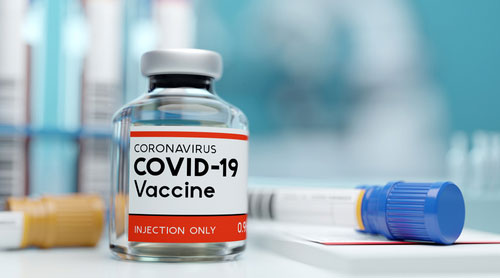AstraZeneca and Oxford University, one of the most promising candidates for the Covid-19 vaccine, are facing a slew of questions pertaining to the trial results after having acknowledged a manufacturing error.
Days after the pharmaceutical company and the university dubbed the vaccine shots "highly effective", they released a statement on Wednesday describing the error.
It, however, did not mention any reason as to why some volunteers did not receive as much effectiveness as expected during the trials.
Surprisingly, the group that got the lower dose of the shots seemed to be much better guarded than those who received two full shots.
“These preliminary data indicate that the vaccine is 70.4% effective, with tests on two different dose regimens showing that the vaccine was 90% effective if administered at a half dose and then at a full dose, or 62% effective if administered in two full doses,” the University of Oxford said in a statement.
However, experts have raised pointed questions in view of the way the results were declared and reported by the companies.
The partial results announced on Monday are from large ongoing studies in the UK and Brazil designed to determine the optimal dose of vaccine, as well as examine safety and effectiveness. Multiple combinations and doses were tried in the volunteers. They were compared to others who were given a meningitis vaccine or a saline shot.











